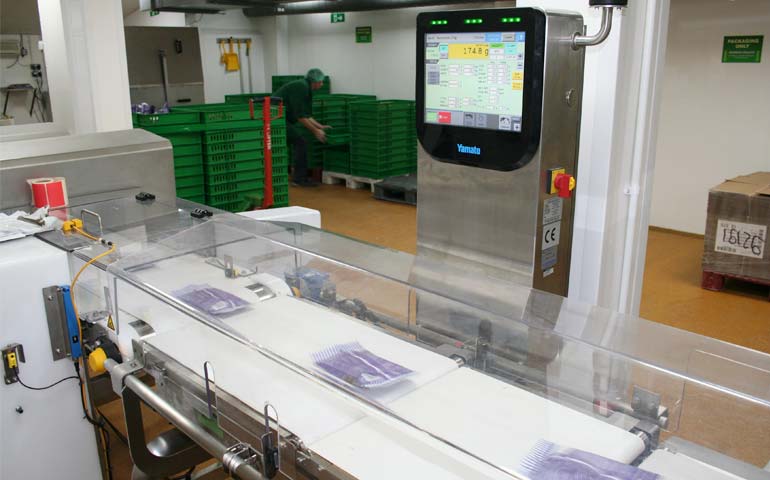How often should manufacturers change spare parts on their machinery?
Answering a question like that is like asking how long is a piece of string? The answer, of course, is twice half its length. Joking aside, stock management is a dark art, but an important one to master. Most manufacturers will argue that parts should be replaced as rarely as possible to avoid downtime, reduced production and associated costs.
We’ve all experienced downtime – unplanned breaks in production: they’re a pain and can cost thousands in lost production.
When was the last time your production line was halted due to machine failure somewhere along the line?

Breaks in production are frustrating at best, and extremely costly at worst. Downtime means that products are not leaving the factory to fulfil customer orders and staff are unproductive.
Lost sales, penalties for late delivery and paying for the hours that staff are standing idle are just some of the side effects.
Getting the line up and running again after a failure is a priority for production engineering managers across all the process industries.
One way to avoid the pain of lost production is to practice cost effective predictive maintenance. We could all use a crystal ball from time to time. Put simply, predictive maintenance is all about preventing problems before they arise rather than reacting swiftly in a crisis. Predictive maintenance ensures the smooth running of production lines, reduces the risk of costly shutdowns and lowers costs. It also increases component life, which will keep your machines online for longer.
As part of a routine maintenance programme, some smaller parts such as seals, nuts, bolts and washers may require replacement more often than larger parts.
Larger parts that are not prone to failure should not require regular replacement. So, it’s worth keeping a stock of routinely replaced parts and those prone to failure and checking them during routine maintenance.
Some routine predictive maintenance will involve judging the frequency with which spare parts are replaced.
Keeping production online for longer increases profits and ensures the peace of mind that machinery is safe, functions as it should and is fully compliant with industry regulations. This regular maintenance really is worth its weight in gold.
To support production engineering managers, reputable OEMs may offer regular maintenance packages. Maintenance benefits will reflect your needs, whether that is a quick response in the event of a shut down, or a regular service plan. Most packages will be based on agreed response times and frequency.
Agreed maintenance schemes ensure that you keep up your productivity by ensuring that your machines are well-maintained to prevent failure and eliminate risks from defective parts. OEMs like Yamato will also dispatch fully trained engineers who will only fit genuine spares. This ensures that your machinery is compliant to industry regulations. Warranties can be at risk if you fail to use genuine parts.
Hand in hand with predictive maintenance is spare part inventory management. You don’t want to run out of stock at a moment of crisis so you will need to maintain a stock of regularly used spare parts.
Most managers will not like to carry a large stock of spare parts due to pressure to keep costs down. However, this puts pressure on the need to retain performance and efficiency by ensuring machinery is functioning at its best.
Regular maintenance reduces downtime, risk and machine failures and increases component life. Keeping production online for longer increases profits and ensures the peace of mind that machinery is safe, functions as it should and is fully compliant with industry regulations.
At Yamato we offer various maintenance packages to meet your specific requirements or fixed response times and site visit frequency.
Comprehensive packages usually see engineers respond within 12 hours of a call. This rapid response will ensure engineers check machines to ensure they are running efficiently and effectively, keeping downtime to a minimum.

